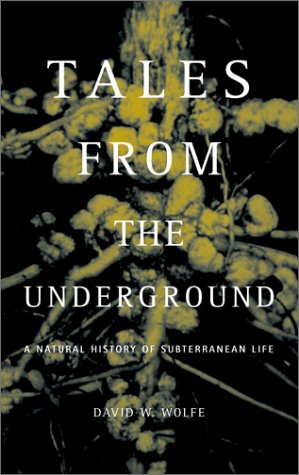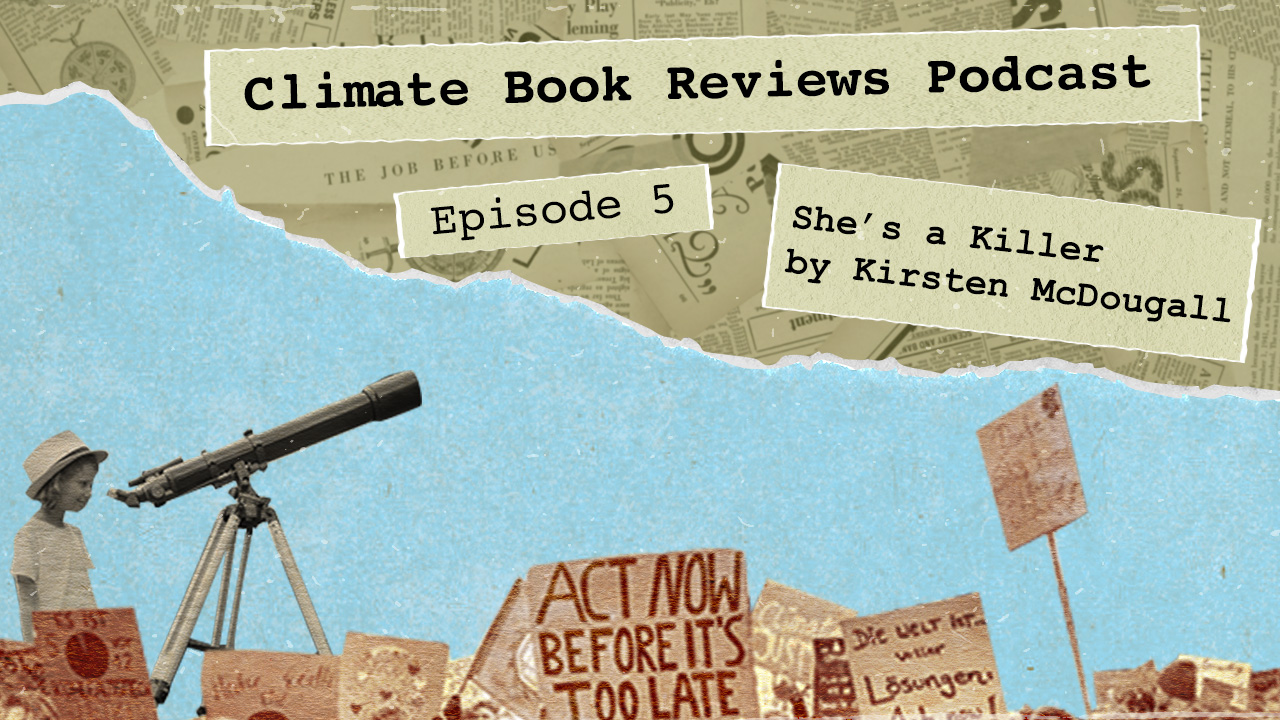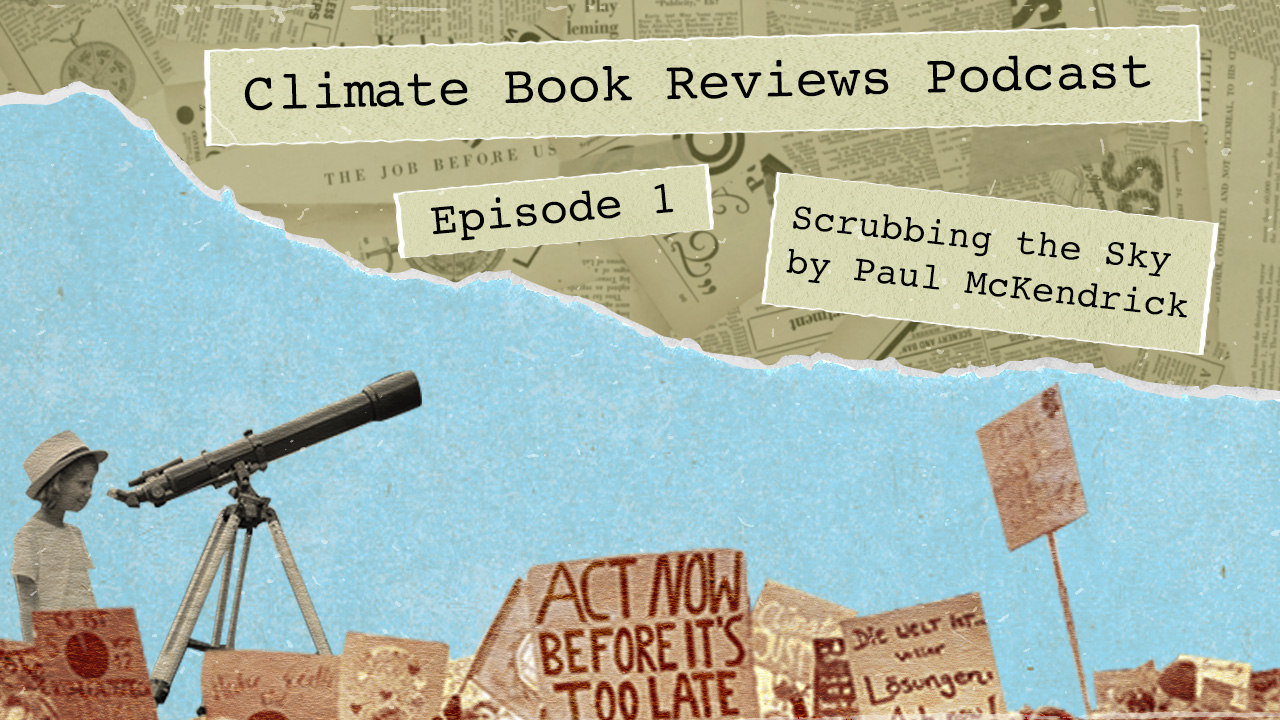Liboiron, Max. Pollution is Colonialism. Duke University Press, 2021.
Max Liboiron’s book Pollution is Colonialism faces down the notion that we have accepted that contamination of natural places is acceptable, that some amount of pollution that is not harmful. For Liboiron, this is the type of thinking that colonialism creates. Contamination is seen as a side effect that does not stop the development of society. Against this perspective of the land as a resource for human consumption, which Liboiron identifies as derived from a colonial mindset, Liboiron specifies three main arguments: first, “pollution is not a manifestation or side effect of colonialism but rather an enactment of ongoing relations to Land”; second, it is not necessary to wait until the end of colonialism to create new relationships with the land; and third, methodologies “are always already part of Land relations” and a form of acting ethically.
This book points directly to the necessity of rethinking our habits and our behaviors. If we want to act responsibly, we need to help end a structure that allows the exploitation of the land. It is important to understand that Liboiron’s “Land” is not only the space in which we live, but also a net that connects all the species, phenomena, and experiences. Therefore, it is impossible to think of land as a resource that we can consume since we are part of it, resulting in a ethically powerful position that consuming Land is the same as consuming ourselves.
To change perspective, Liboiron argues that we must dismantle a profound structural way of thinking that involves politics, science, and academia. In discussing the scientific mindset, Liboiron demonstrates how science works as a tool for keeping a colonial relationship with the land, and one of the examples of this is what Liboiron calls the theory of threshold of pollution, explained in the first chapter of the book. This theory “differentiates between contamination, as the mere presence of a pollutant, and pollution, as the manifestation of (scientifically!) demonstrable harm by pollutants when metabolism is overwhelmed” (emphasis in the original).
Liboiron’s book displays arguments that link pollution and colonialism and, at the same time, a guide to question our methods as a road to reach a goal. In this sense, Pollution is Colonialism is a methodological book that seeks to show us a route to change the mode in which we approach our environment. Establishing in a new relationship with the land will allow us to act not as owners of it, but as relatives connected to it. In doing so, we will seek a new goal: to create new and good relations with land that circumvent the lingering colonial impetus toward pollution.
Review by Mario Henao



